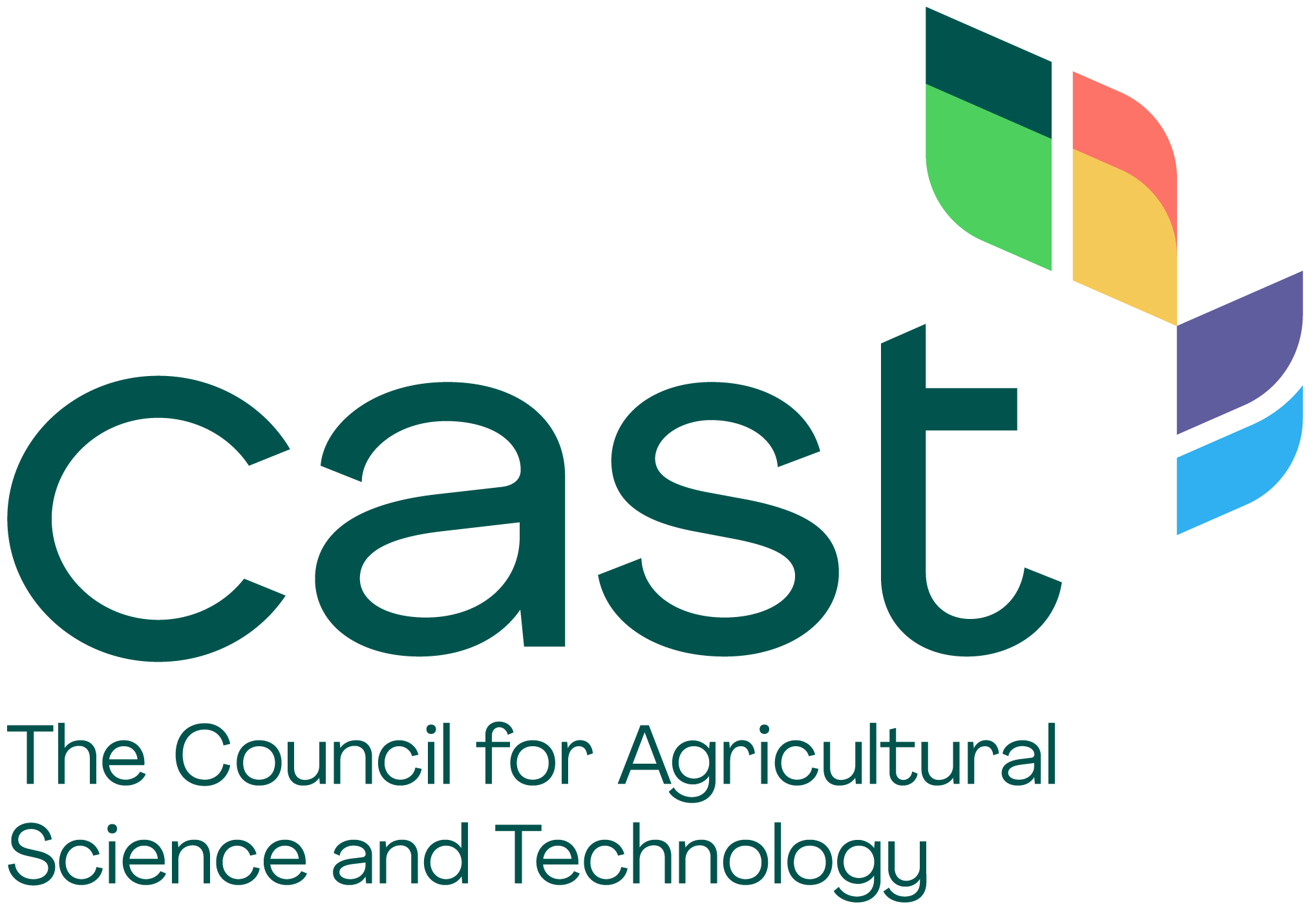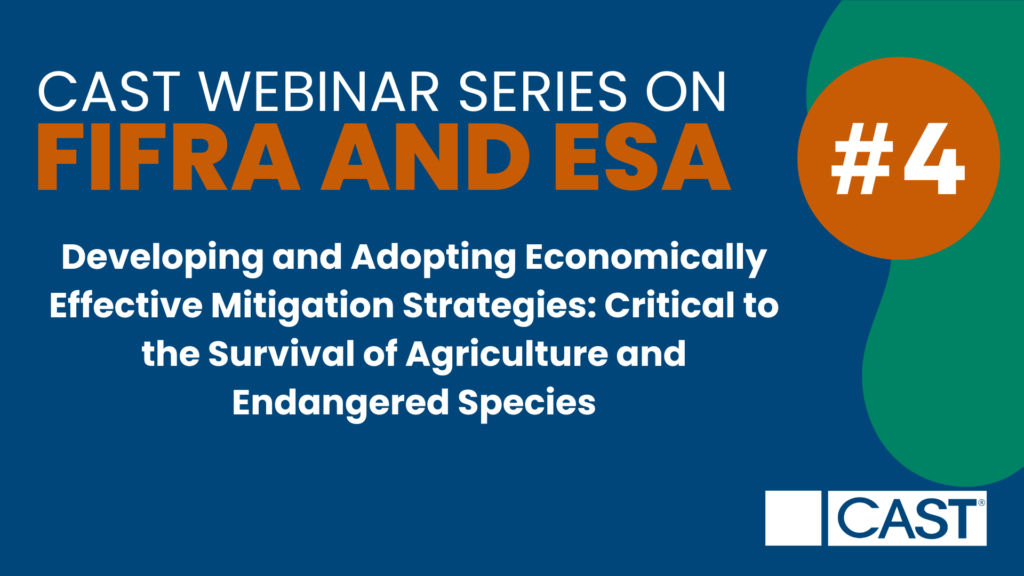The paper discusses the United States Environmental Protection Agency’s (EPA) efforts to fulfill its obligations under the Endangered Species Act (ESA) within the context of pesticide registration and reregistration. The 2022 Workplan, titled “Balancing Wildlife Protection and Responsible Pesticide Use,” outlines the EPA’s vision, emphasizing the need to mitigate potential impacts on ESA-listed species. The challenge lies in developing a mitigation approach that meets statutory obligations while considering economic feasibility, environmental sustainability, and practicality for agricultural entities.
The paper highlights the risk to family farms, which, if not carefully managed, could face regulatory actions that threaten sustainability and inadvertently harm wildlife and habitat. The incorporation of mitigation measures must be transparent, scientifically sound, flexible, and developed in collaboration with stakeholders. The paper also underscores the importance of understanding the interaction between pesticide use, mitigation measures, and ESA-listed species, incorporating existing best management practices, and leveraging externally funded conservation programs to address potential pesticide movement and protect endangered species.

